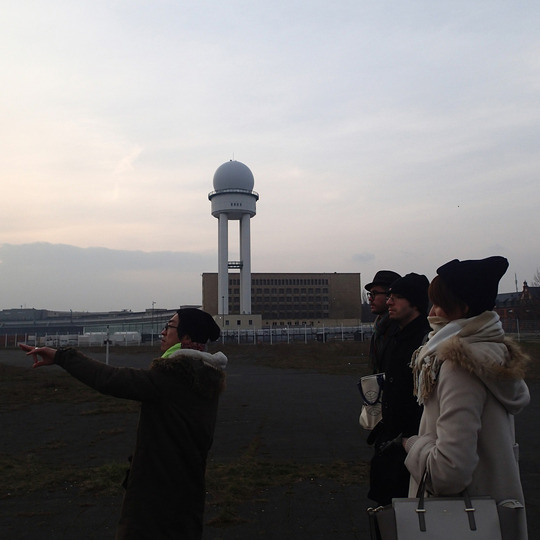
Report: "Joint Seminar: The University of Tokyo- Freie Universität Berlin" Steven Urueta
- Time and Date
- February 22 (Mon.) to March 1 (Mon.), 2016
- Venue
- Berlin, Germany
- Organized by
- The Educational Project 4 "Producing Multicultural Communities," Integrated Human Sciences Program for Cultural Diversity, The University of Tokyo
In late February and early March, I participated in a joint seminar with the Free University of Berlin on the topic of fostering coexistence in a globalizing world. The joint seminar consisted of 3 parts: a joint workshop dealing with our research, an academic writing seminar, and a number of student-led field trips. Before those, however, we had a series of meetings at the IHS Hongo Office to help prepare us for the journey. There, I not only got to know my fellow UTokyo companions but was also able to spend some time with them to plan and prepare our itineraries.
Joint Workshop
After arriving in Berlin, our first scheduled activity, a joint research workshop, consisted of presentations by students from both universities. We all had the chance to learn from their research, which mainly revolved around Korea-related issues. The topics were varied and fascinating, from transnational activist networks dealing with human rights in North Korea to the sex politics revolving around a young teacher serving coffee in a South Korean elementary school. After each presentation, the commentary and criticism provided by both students and professors was clear and concise, yet it all still managed to support a supportive and encouraging atmosphere. The feedback I received on my own presentation proved very useful in improving it, and I was made aware of a number of weaknesses I would have otherwise not noticed.
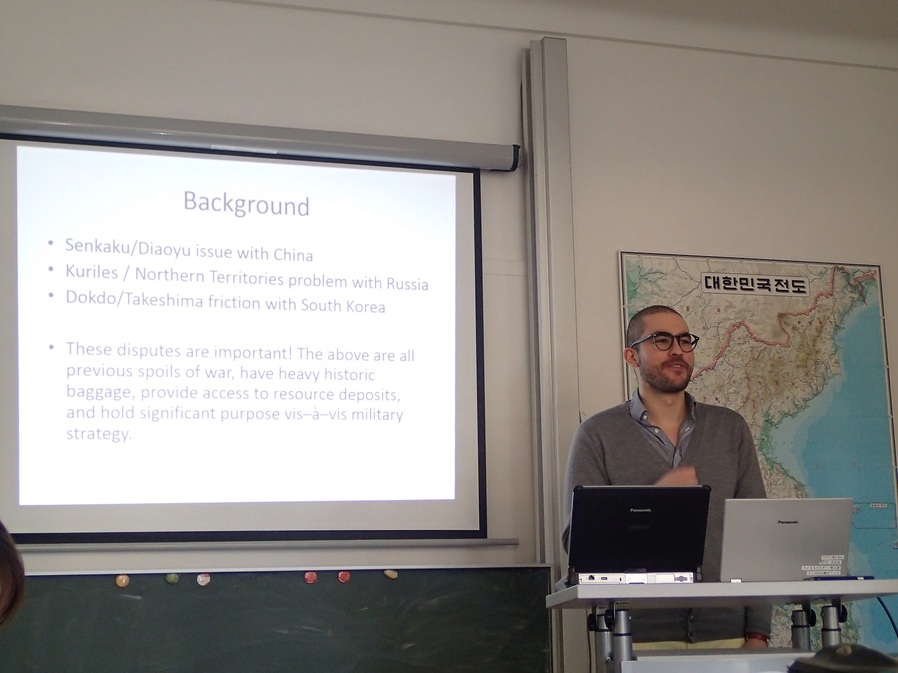
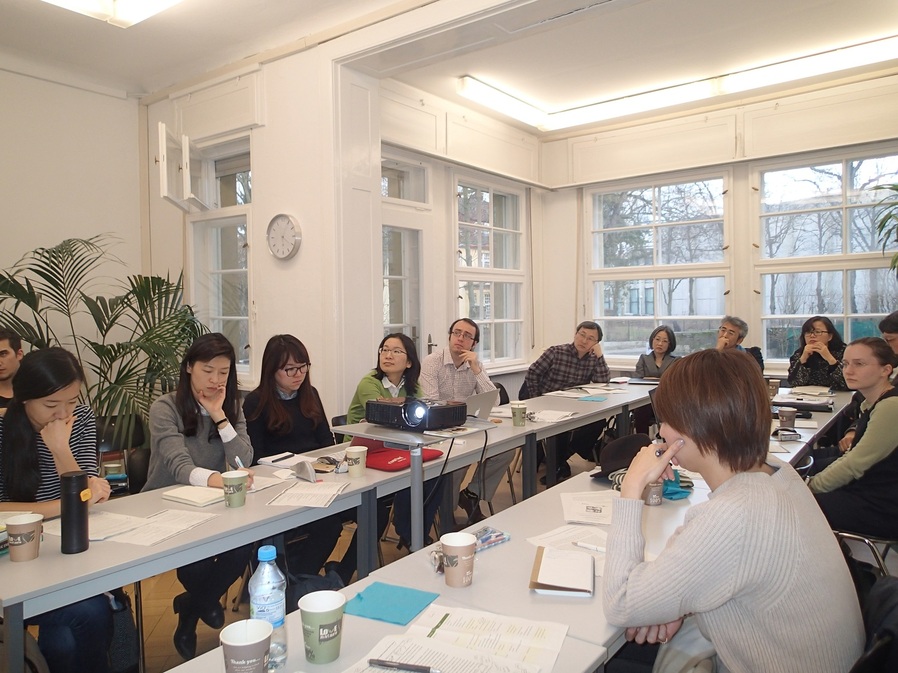
Academic Writing Seminar
I had already taken a number of seminars dealing with academic English, but the instructor's focus on the building blocks of good writing was a very helpful refresher. We learned about using the passive and active voices, hedging language, and the structure of a strong academic paper. Just as valuable as the instructor's lessons was the input from our classmates, especially their critiques of research abstracts written in-class. Through their help, I found a few sentences in my own abstract that could cause confusion to the reader and managed to make them more understandable. In addition, by explaining my research topic to people not particularly familiar with it, I increased my own understanding.
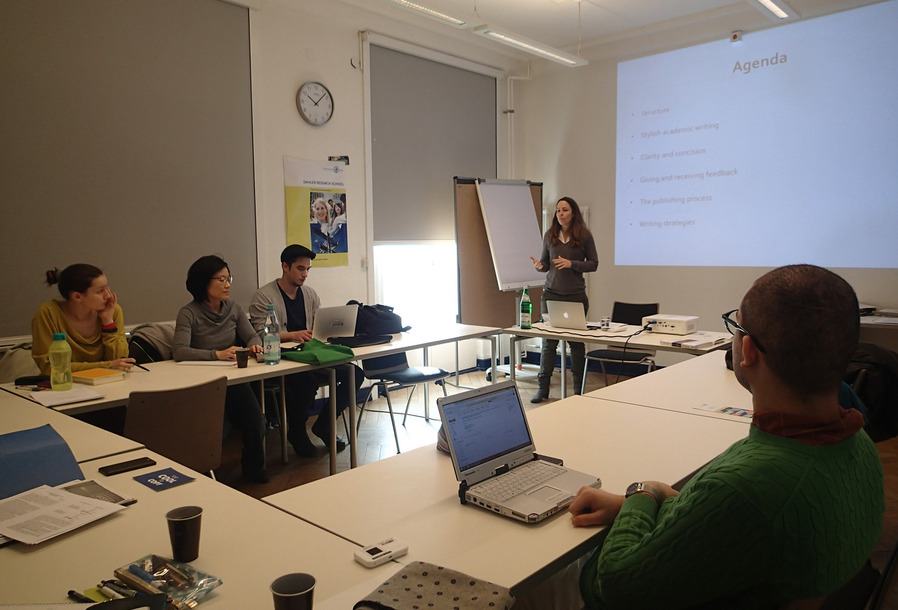
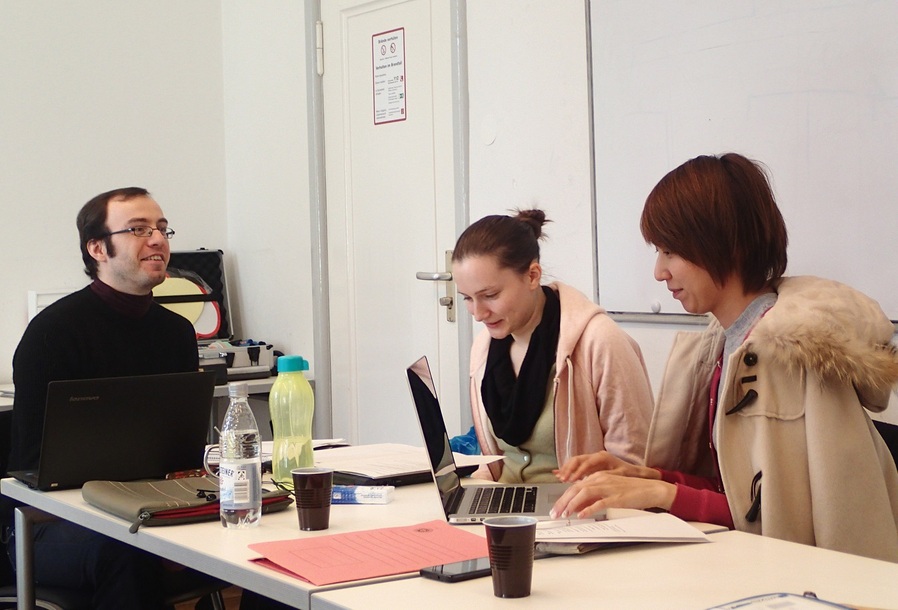
Field Trips
We had a few main field trips split up over three days. We began our first day by touring a Turkish Mosque and the Turkish market along the Landwehr Canal. We learned much about how immigrants and religious groups interacted and integrated with their neighbors, and how these relationships were characterized by cooperation. On the second day, we met with a few members of Korea Verband, an NPO dealing with Korean history, culture, and civil and political developments. There, I gained an intimate understanding of the day-to-day workings of such an organization and was also impressed by the various publications it produces. The final day had us first visiting Potsdam, a city with rich history and the most popular day trip destination from Berlin. There, we visited Cecilienhof Palace, the site of the 1945 Potsdam Conference. I learned about how the conference was a pivotal point in determining the postwar trajectory of relationships among different ethnic groups, especially as borders were demarcated partially based on demographic data. In the second half of that final day, we were shown around the Tempelhof refugee camp, a former airport built in the 1930s and the main receiving area for the 1948-49 Berlin Airlift. I was very surprised that we were allowed access to the compound, though we could not see the inside accommodations or interact with those staying there. Our guide, an artist and one of the board members of the Art Center of Berlin, invited us to his place afterward. There, I was grateful for the chance to see a snapshot of everyday home living. All in all, these three field trips gave us a slice of Germany that was unattainable inside of a classroom, letting us experience multicultural communities and issues firsthand.
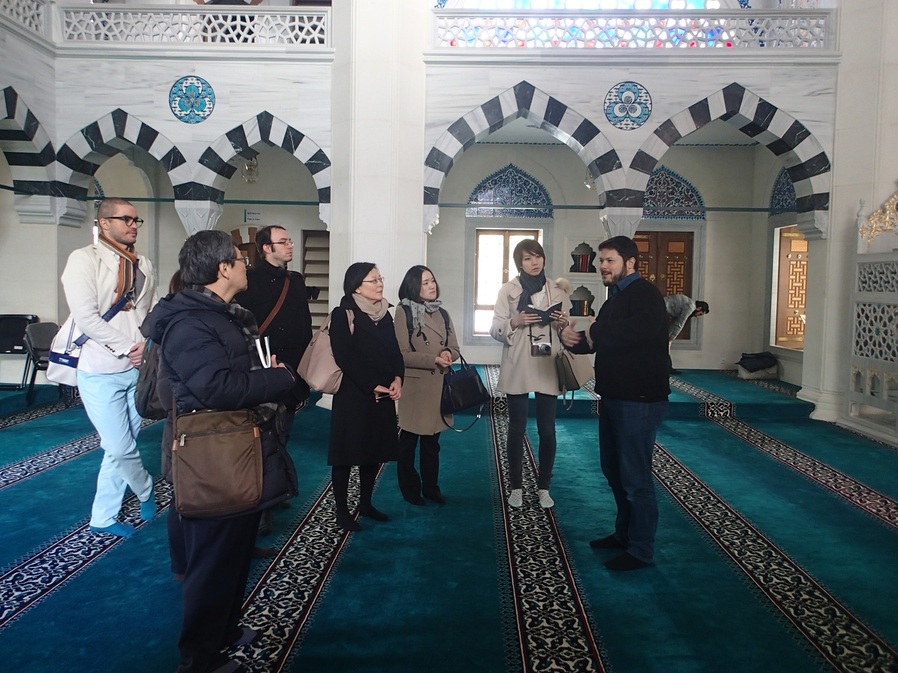
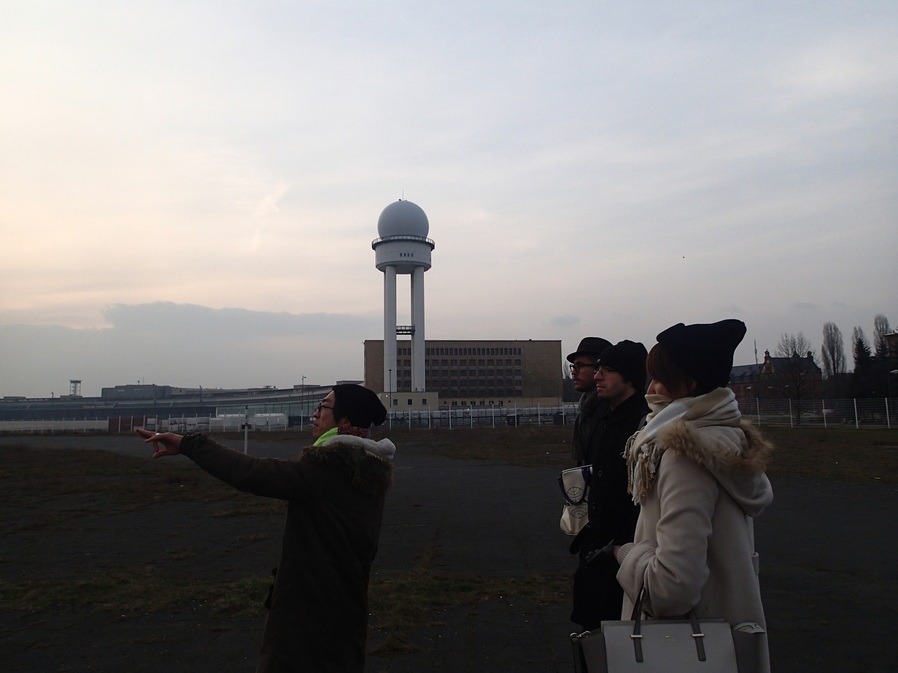
Saving the best for last, the most important part of our trip has to be the connections that we made with the Free University students. They taught us a lot about academic life in Germany, from how graduate programs are structured and run to the everyday work involved in producing research. They also came from many different backgrounds, whether cultural or educational or otherwise, which helped us all in receiving a wide variety of viewpoints during our workshops and seminars. Of course, this would not have even been possible without the Freie University professors and the IHS staff, as well as the professors visiting from our own university. Their commentary and help were invaluable.
report date : March 9, 2016
